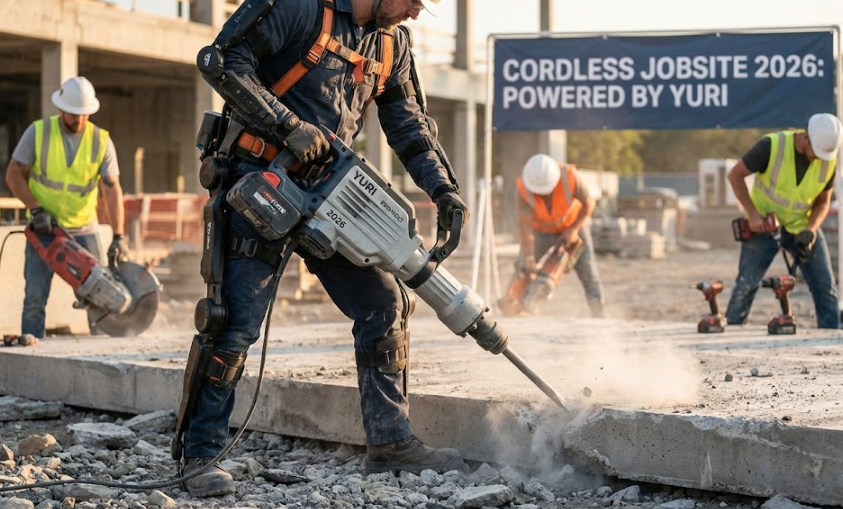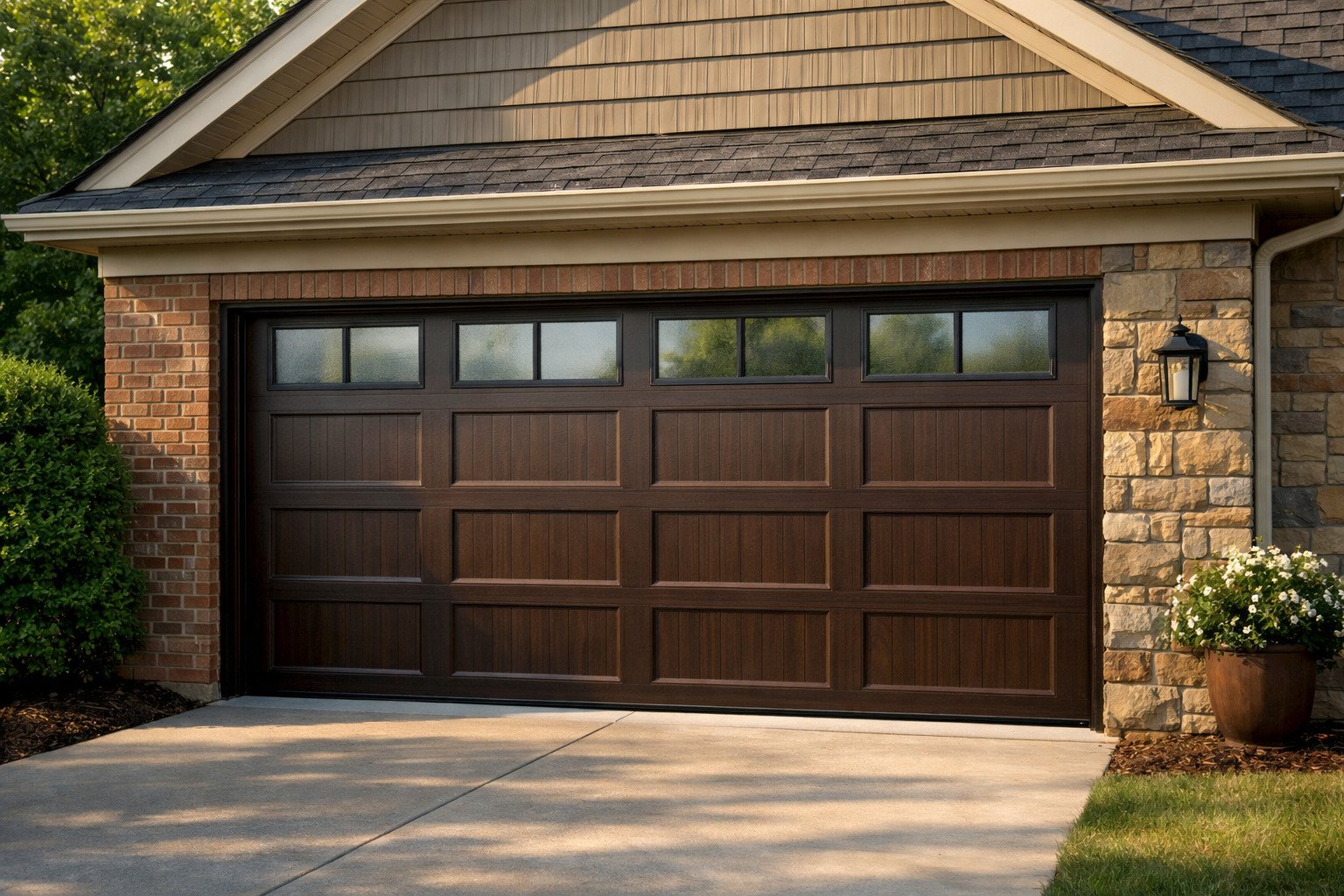In industrial and heavy-duty applications, the choice of wheels plays a critical role in ensuring operational efficiency, safety, and longevity. Among various wheel materials, Cast Iron Wheels stand out as one of the most durable and reliable options. Known for their exceptional strength, load-bearing capacity, and resistance to wear and tear, cast iron wheels have been a cornerstone in manufacturing, logistics, construction, and other heavy industries.
What Are Cast Iron Wheels?
Cast iron wheels are built from a sturdy iron alloy known for its strength and toughness. This material, primarily a mix of iron, carbon, and silicon, has been used for generations in industrial setups where handling heavy loads is part of the daily grind. These wheels are formed by pouring molten metal into molds, which gives them a solid shape that holds up even under pressure.
Thanks to their structure, they don’t bend or wear out easily. They resist rough usage, heat, and even some chemical exposure—making them dependable in the toughest working environments.
Why They Work Well in Tough Jobs
When you’re working in places like factories, construction sites, or warehouses, your equipment has to deal with a lot. Here’s why these iron-based wheels are often chosen:
1. Built for Heavy Loads
They can carry serious weight without bending or cracking. This makes them perfect for trolleys, carts, and machines that handle tons of material every day.
2. Resistant to Rough Surfaces
Floors in industrial places aren’t always smooth. With stones, metal bits, and debris lying around, wheels made of softer materials wear down fast. But these wheels keep rolling even through that.
3. Hold Up Under Heat
In places like foundries or steel plants, temperatures can get extreme. These iron wheels can take the heat without melting, warping, or weakening—unlike plastic or rubber options.
4. Handle Corrosive Conditions
Certain variants of iron alloys don’t rust easily and can tolerate exposure to chemicals and moisture. This matters in places like chemical plants or garages where spills are common.
5. Low Maintenance
Because of their toughness, they don’t need frequent repairs or replacements. This saves time, labor, and operating costs in the long run.
Where Are These Wheels Commonly Used?
They show up in a lot of places that demand rugged performance:
- Warehouses and loading bays: For moving stacked goods on carts.
- Factories: Where raw materials or parts are constantly on the move.
- Construction and mining: On gear that rolls across uneven terrain or carries tons of weight.
- Automobile service stations: On heavy tool carts and jacks.
- Metal industries: Especially where heat and weight are major factors.
- Rail-based equipment: Especially if flanged for guided movement.
Different Types You Might Find
Depending on the job, you’ll find a few variations:
Solid Iron Wheels
These are the toughest of the lot. Nothing added, nothing removed—just solid, raw strength for extreme work.
Rubber-Covered
These have a softer rubber layer around the iron core. They’re quieter and reduce floor damage in indoor spaces.
Polyurethane-Treaded
If chemicals or oils are an issue, this version handles it better than rubber—while still keeping the strength of its iron core.
Flanged Options
Used on tracks, these stay in line while supporting heavy rolling gear.
How They’re Made
It’s not just about pouring metal into a mold. There’s a precise process behind each one:
- Melting: Iron is heated until it’s liquid.
- Molding: The molten iron goes into a mold shaped like a wheel.
- Cooling: Once poured, it’s left to cool and harden.
- Finishing Touches: It’s machined, shaped, and treated to meet specific strength and size needs.
- Final Checks: Each unit is tested for strength, size, and defects before it goes out.
How to Pick the Right One for Your Work
Choosing isn’t just about the material. Ask yourself:
- How much weight will it carry?
Make sure the load rating matches or exceeds your heaviest usage. - What kind of floors will it roll on?
Smooth surfaces? Uneven concrete? That helps decide if you need solid wheels or those with some cushioning. - Will it be exposed to heat or chemicals?
If yes, skip plastic or rubber. - How big and wide should the wheel be?
Bigger wheels handle bumps better. Wider ones spread the weight out. - Fixed or swivel?
Choose based on how much turning or straight movement you need.
Care and Maintenance Tips
They’re low-maintenance—but not maintenance-free. A few habits help them last longer:
- Clean regularly—dust, grime, or chemicals can wear down the surface over time.
- Grease the moving parts like bearings to reduce friction.
- Check for cracks or unusual noise during use.
- Repaint if rust spots appear.
- Don’t overload beyond what the manufacturer recommends.
How They Compare to Other Wheel Types
Compared to rubber or plastic wheels, cast iron-based options last much longer and carry heavier loads. Steel wheels come close in durability, but iron offers better resistance in some conditions and costs less.
While they may make more noise and can be a bit harder on floors, their strength often outweighs those concerns—especially in settings where nothing else survives long.
Good for the Environment Too
Because they’re made from recyclable metal, and often produced using recycled material, they create less long-term waste. Also, because they last much longer than other wheels, you don’t need to replace them as often—less manufacturing, less transport, and less landfill impact.
Where to Get Reliable Ones
When buying, choose a supplier that:
- Lists detailed load limits and materials used
- Offers custom sizing and mounting
- Provides warranties and tech support
- Meets recognized industrial standards
Final Thoughts
If your work involves moving heavy equipment or materials day in and day out, few options perform better than cast iron-based wheels. They can handle pressure, heat, rough usage, and time—all while requiring very little upkeep. With the right choice, you’ll spend less on replacements, avoid downtime, and keep operations running smoother.





Leave a Reply